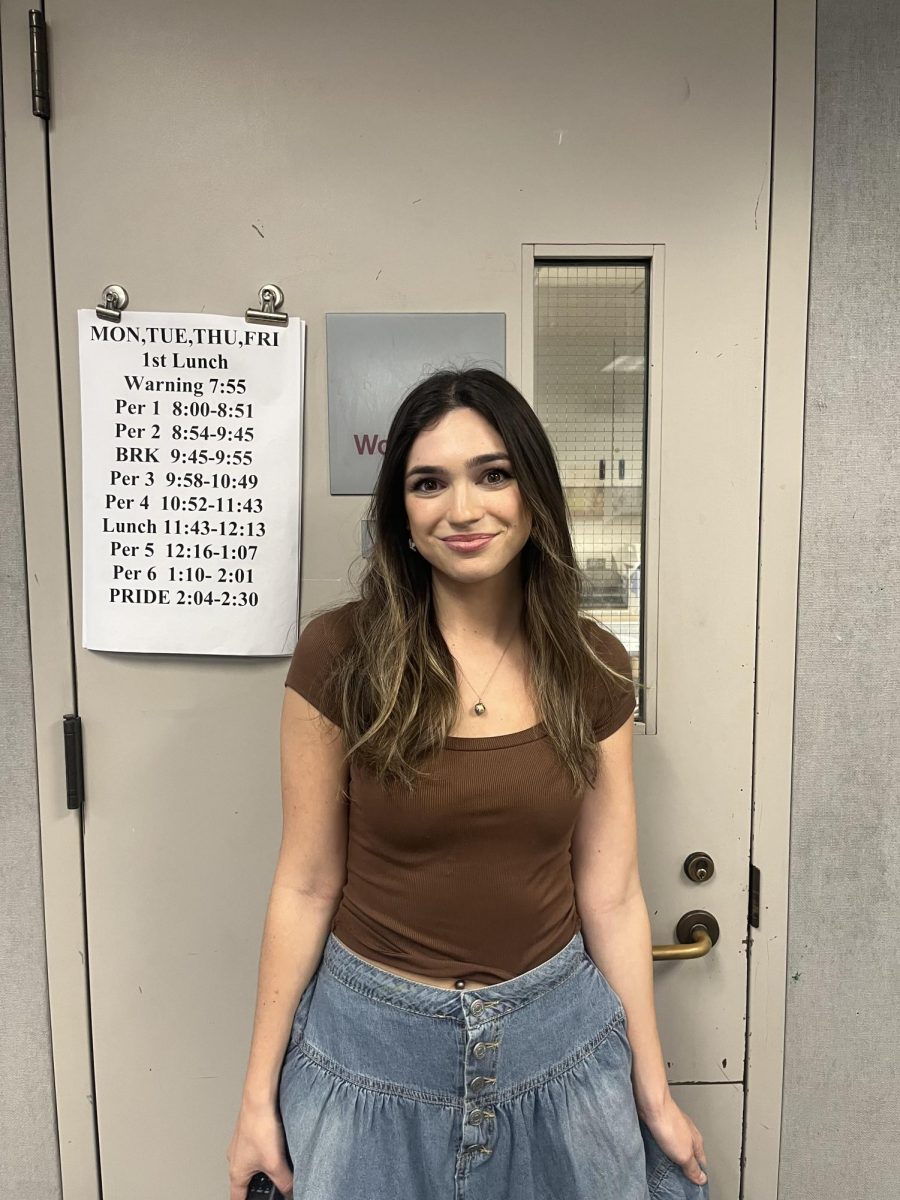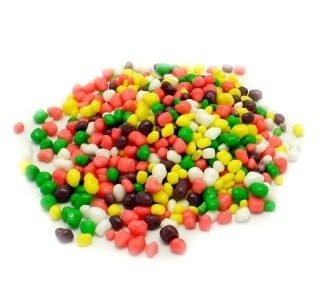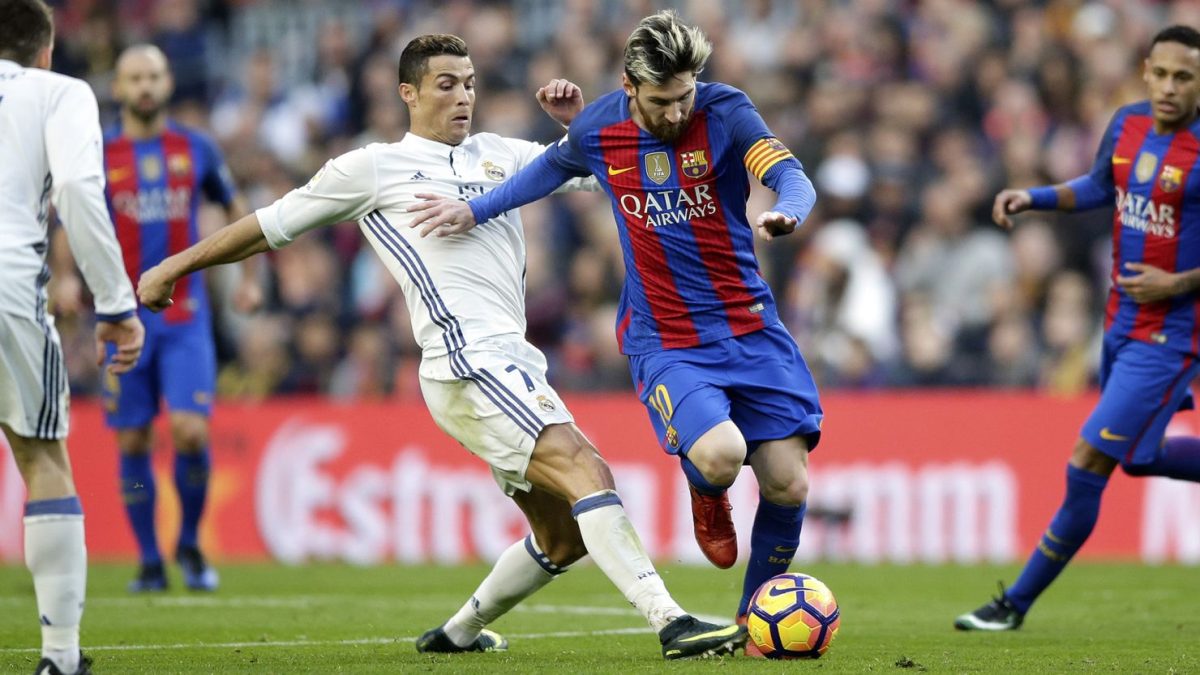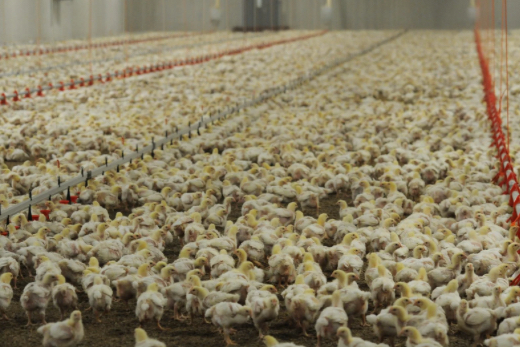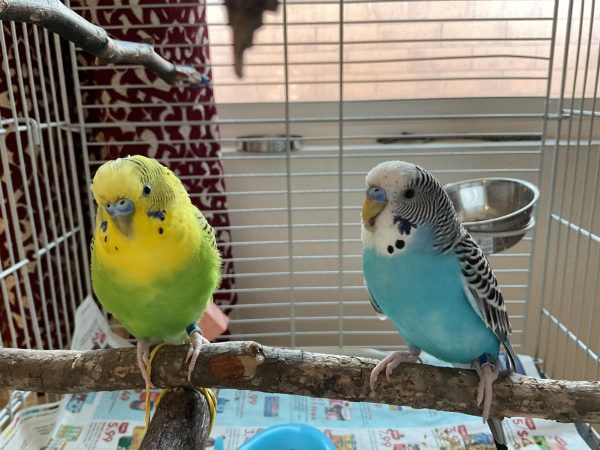You probably think that animal products (meat, fish, eggs, milk, hamburgers…) aren’t a problem. However, is that true? Let’s explore the ways factory farming affects our world.
What is Factory Farming?
Factory farming, also known as CAFOs (concentrated animal feeding operations) is a way of agriculture that is meant to maximize profits and use as few resources as possible. On the surface, this may look like a good thing. After all, making more money is a good thing. But what is really behind this?
The Environmental Impact
First of all, it’s important to note studies suggest that 74% of all land livestock are farmed on factory farms. That’s almost three-fourths! (This means that the burger you eat probably came from factory farming.) The first way factory farming impacts the environment is deforestation. In the US alone, roughly 260 million acres of land have been deforested to make room for crops. Two-thirds of these crops are given to livestock, so that means animal products are indirectly responsible for around 173 million acres of trees being cut. Trees provide oxygen and absorb greenhouse gases, which cause climate change. In addition to deforestation, US farm animals consume 55% of the water. This means that if you switch from a hamburger to a veggie burger one time, you’ll be saving as much water as not showering for two months! As our water supply keeps going down, it’s crucial to conserve freshwater. Lastly, this might be a shocker, but animal products pollute the earth almost as much as cars and planes! Factory farming is responsible for 15.4% of the global emissions, just shy of all the cars, airplanes, and trains in the world combined.
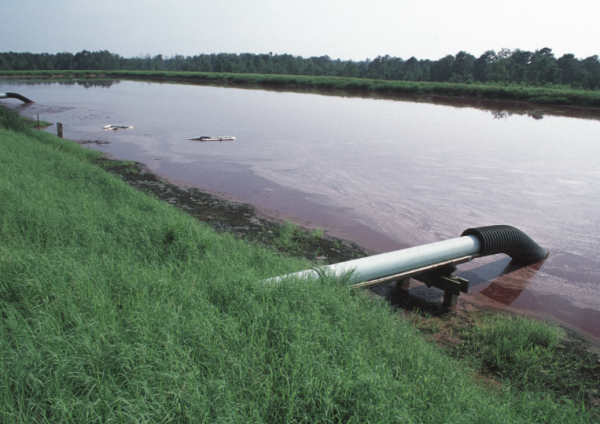
Health Problem
Eating meat can be good for you. A balanced diet can include protein from meat fish and eggs. However, eating processed meat isn’t. Processed meat is meat such as salami, sausage, ham, beef jerky, etc… Eating processed meat is directly linked to heart disease, cancer, and other chronic diseases. Processed meat also has a lot of unhealthy additives, such as nitrosamines. These are added to preserve the red color and are linked to stomach cancer. To prevent sickness in the animals themselves, workers mix antibiotics in the animals’ food. You know, the medicine that you get when you’re very sick. The problem is, that giving such strong antibiotics in such large amounts creates viruses that they are immune to.. This means that one day factory farming could create a virus that we can’t even kill!
The Animals
By far, the most important issue in all of this is the animals themselves that are being used for your burger. On factory farms, animals spend most of their lives, if not all, confined in tiny cages indoors. They’re bred and genetically modified so that they can grow as quickly as they can so that the owners have to spend as little money on the animal itself as possible. During their short lives, they are subjected to a lot of exploitation. First of all, the space that they get to live out their lives is a tiny fraction of what they would get in the wild. Broiler chickens, or chickens that are slaughtered for their meat, are crowded with thousands of others in big barns. As a result, they can barely move and feel claustrophobic. They are also bred to grow so huge that their body ends up collapsing as a result of so much stress. Broken bones are pretty common.
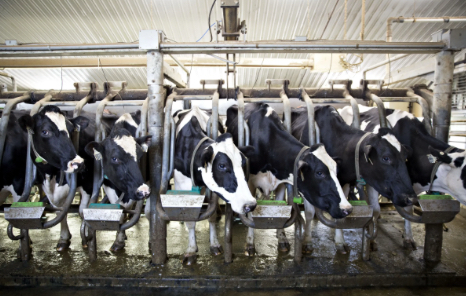
Egg-laying hens are also subject to misery. Around 60% of them live in battery cages, which are tiny cages that they live their whole lives in. Each hen in a battery cage gets around the size of a piece of printer paper to live their entire life. Not to mention, they never get to go outside. A lot of factory farms also tail dock their pigs and cows. This means they cut their tails without any anesthetics. A lot of nursing pigs are also confined in gestation crates, which are small crates that pigs and their unborn babies have to live in. Thankfully, California lawmakers have banned this process. Animals also don’t get any playthings or any healthcare because it’s too expensive for the farms.
Why Factory Farming is ‘Good’
Some people might say that factory farming provides food at a lower cost. However, can’t people with food insecurity just transition to an animal-free diet? Other people say that factory farming is necessary for meeting the demands of a growing global population. However, ten pounds of wheat make 1 pound of meat. If you’re concerned about food shortages, animal products are too inefficient to eat at all.
In conclusion, factory farming is not only harmful to the animals but also affects our own health and the environment.
Bibliography
“The Problem with Our Food System.” Thehumaneleague.Org, Temecula Middle School, thehumaneleague.org/article/what-is-factory-farming. Accessed 8 Oct. 2024.
“How Many Animals Are Factory-Farmed?” Our World in Data, Temecula Middle School, 24 Feb. 2024, ourworldindata.org/how-many-animals-are-factory-farmed#:~:text=It’s%20estimated%20that%20three%2Dquarters,chickens%20are%20slaughtered%20each%20year.
“The Massive Impact of Factory Farming on Our Environment.” New Roots Institute, www.newrootsinstitute.org/articles/massive-environmental-impacts. Accessed 15 Oct. 2024.
“The Problem with Our Food System.” NHS Choices, NHS, www.nhs.uk/live-well/eat-well/food-types/meat-nutrition/#:~:text=A%20healthy%20balanced%20diet%20can,vitamin%20B12%20in%20the%20diet. Accessed 15 Oct. 2024.
BSc, Atli Arnarson. “Why Processed Meat Is Bad for You.” Healthline, Healthline Media, 13 July 2023, www.healthline.com/nutrition/why-processed-meat-is-bad.
“How Many Animals Are Factory-Farmed?” Our World in Data, Temecula Middle School, 24 Feb. 2024, ourworldindata.org/how-many-animals-are-factory-farmed#:~:text=It’s%20estimated%20that%20three%2Dquarters,chickens%20are%20slaughtered%20each%20year.
Grammarly & Grammarly A.I. also helped.






